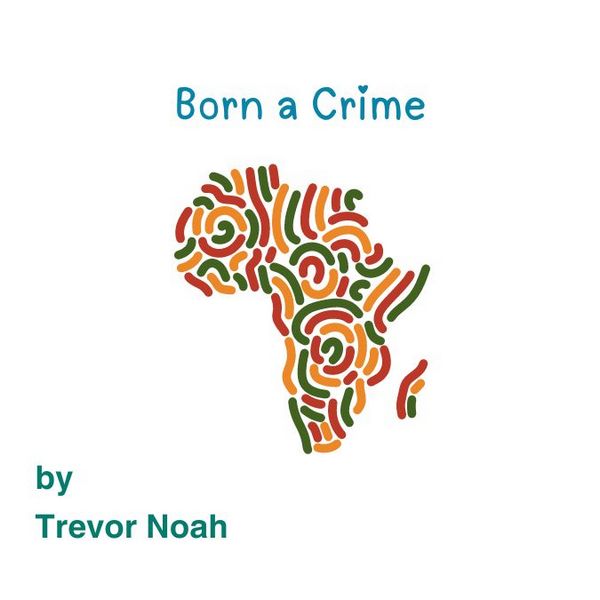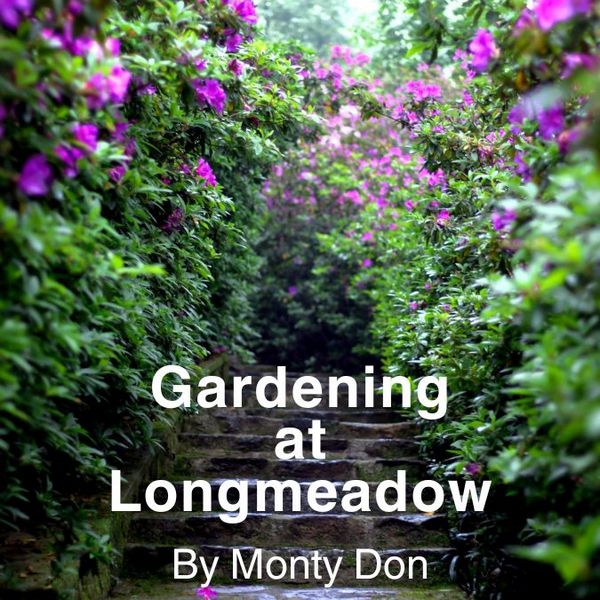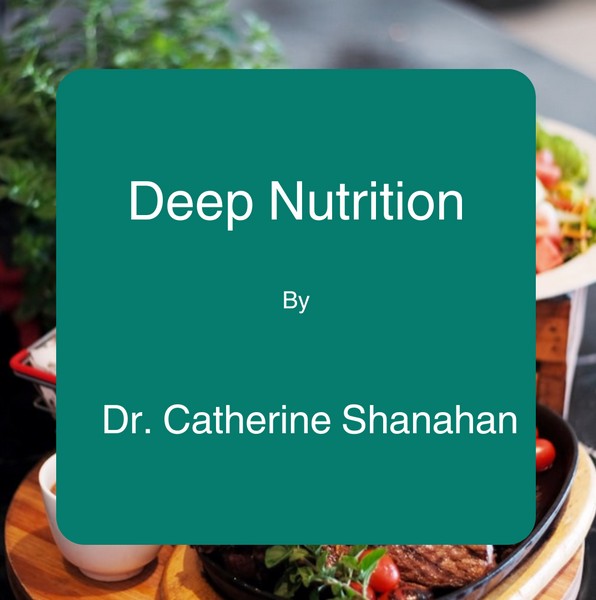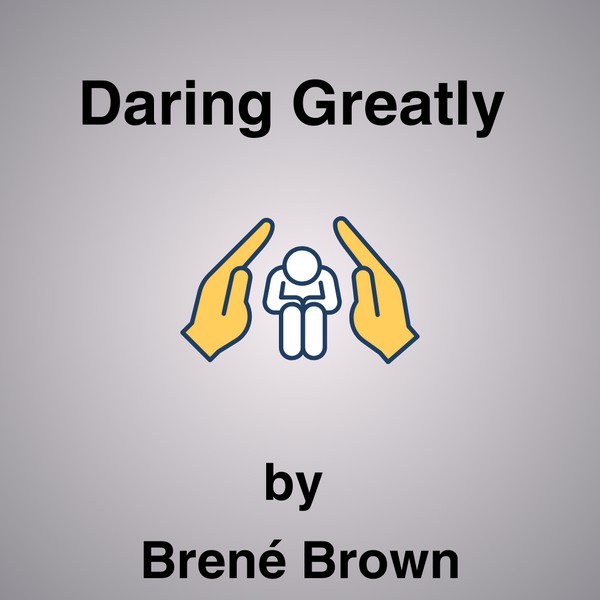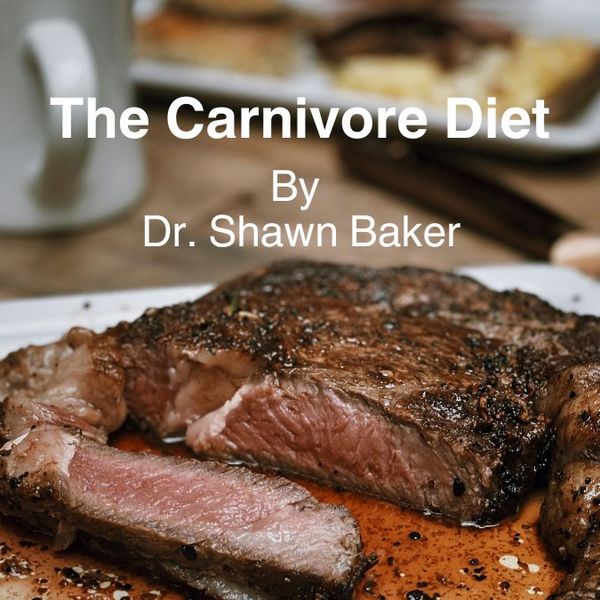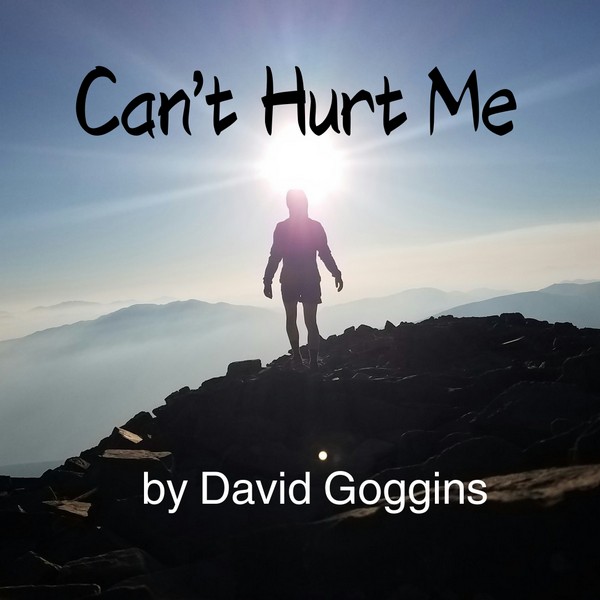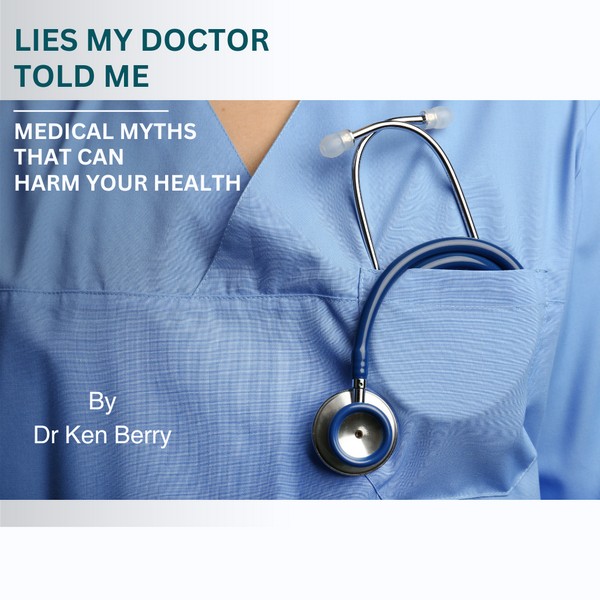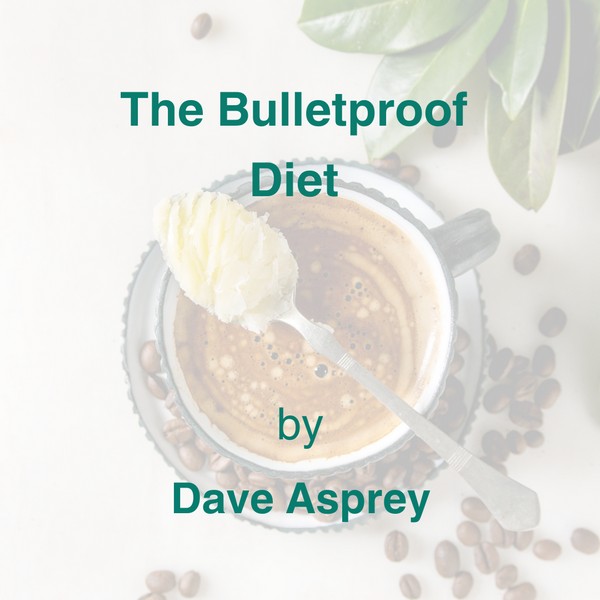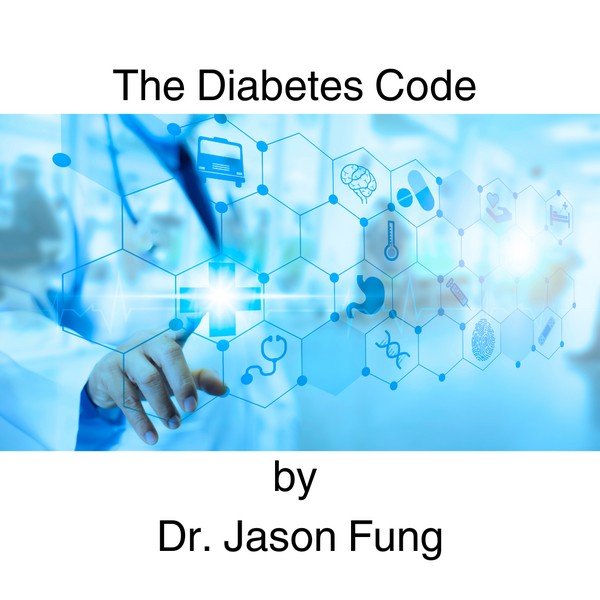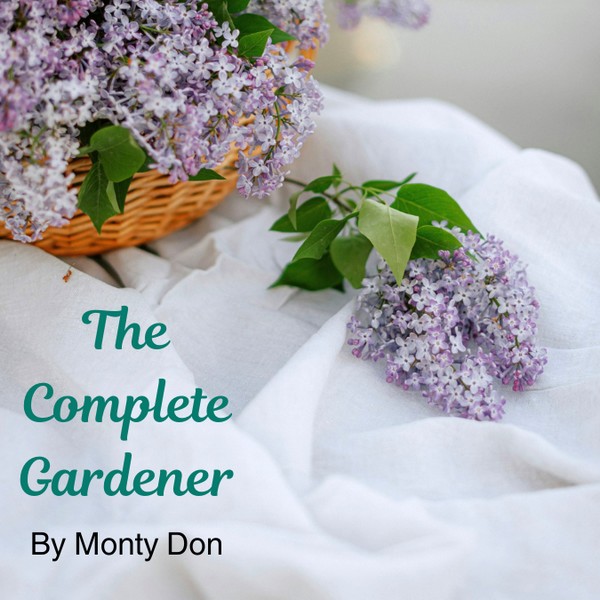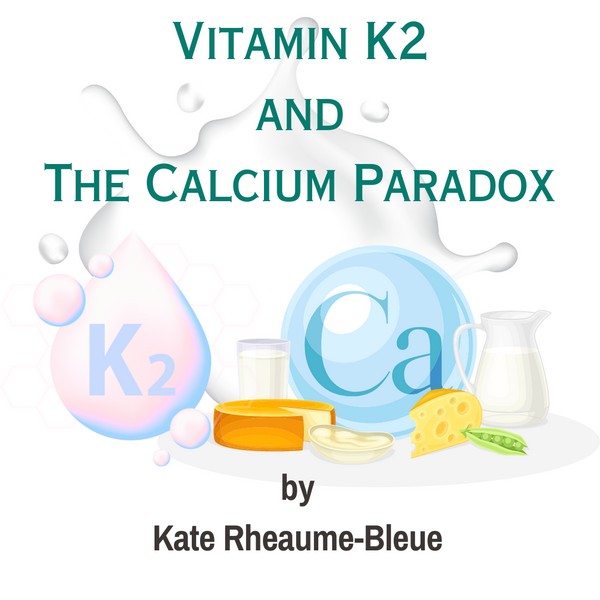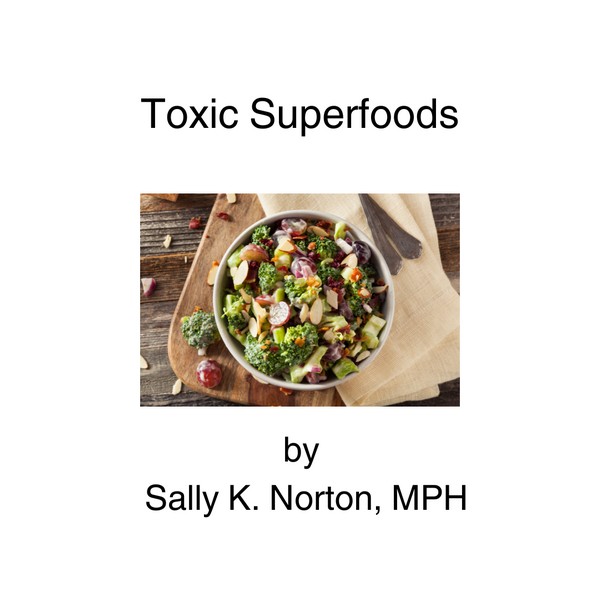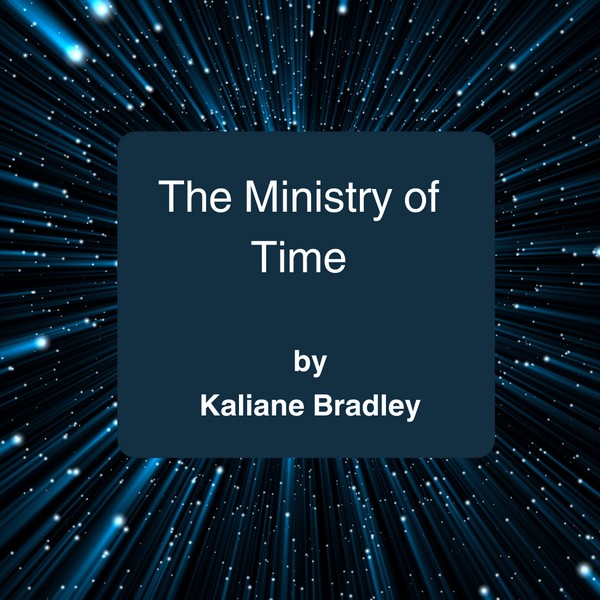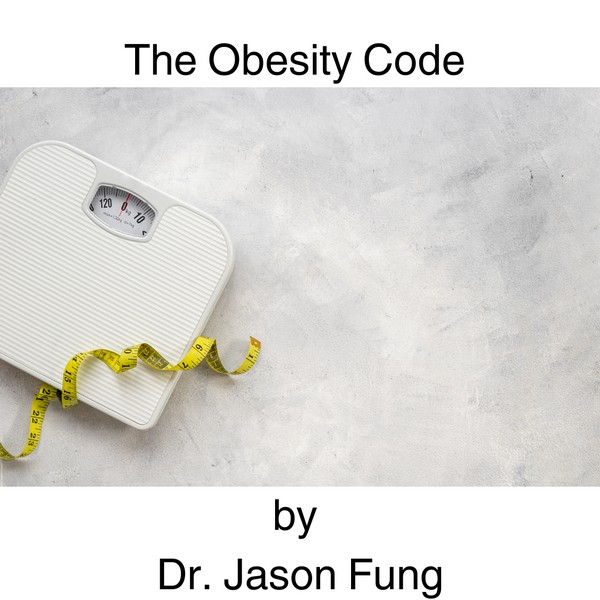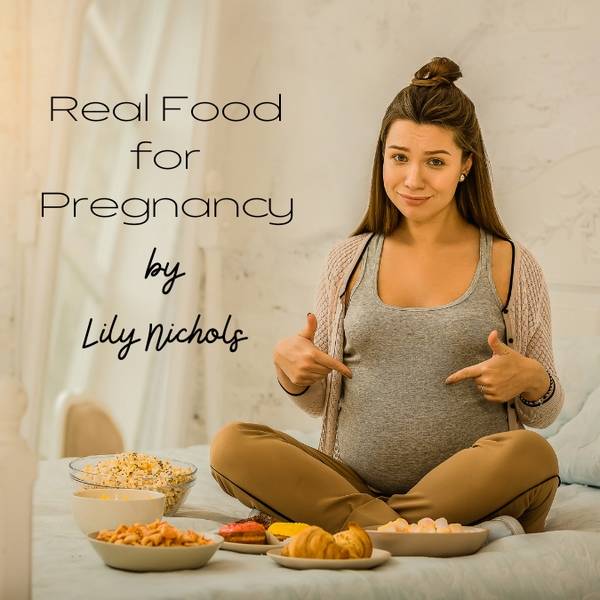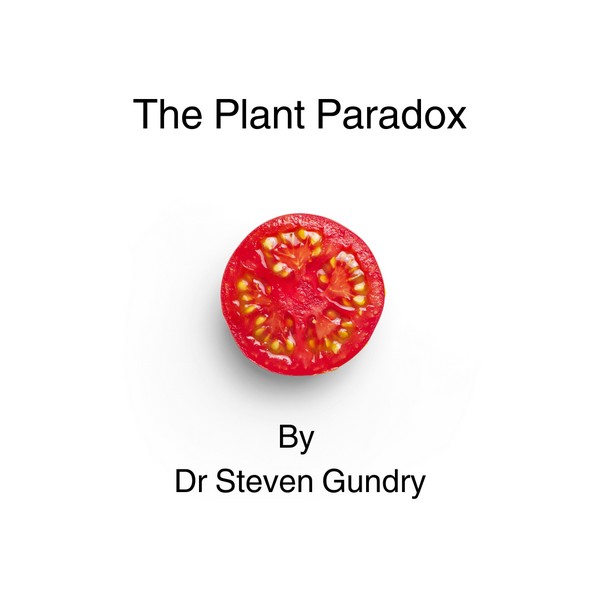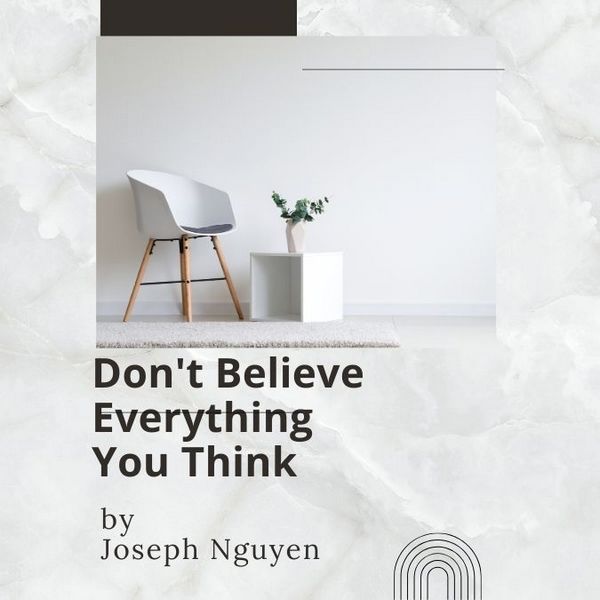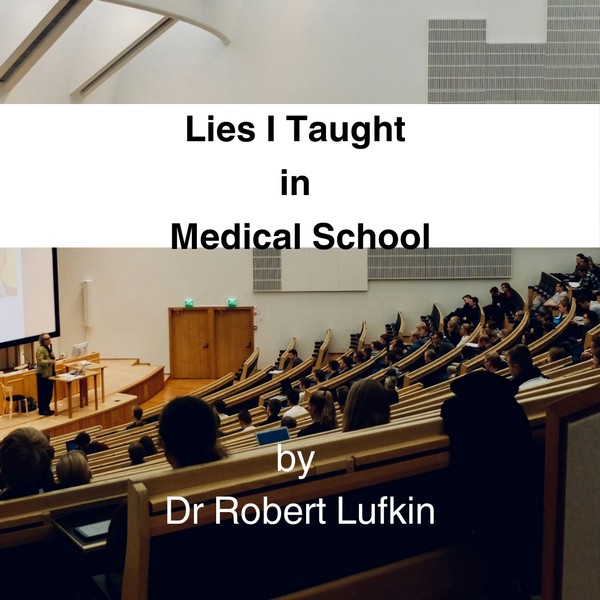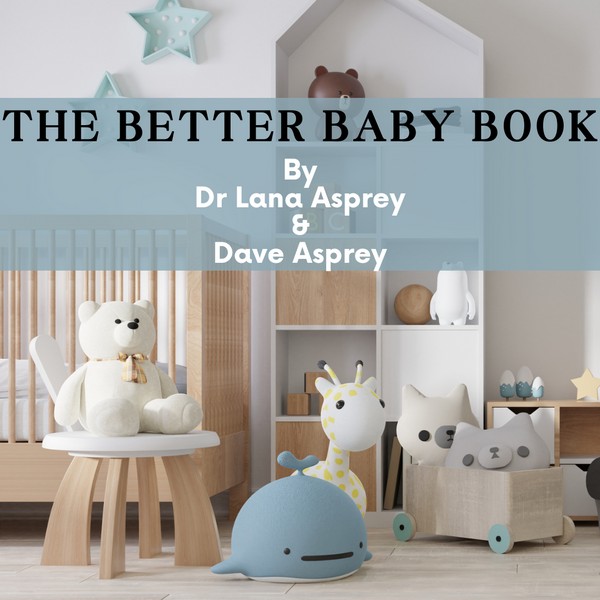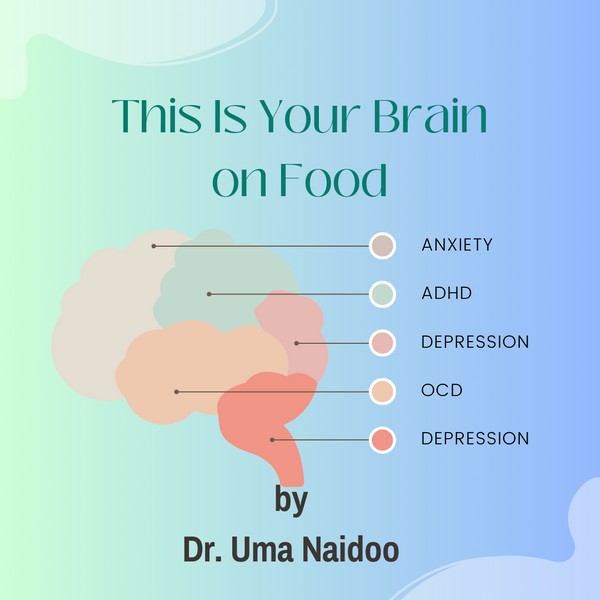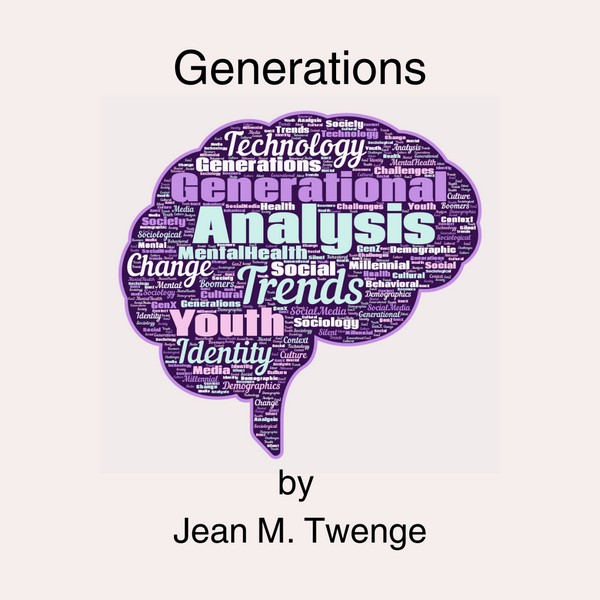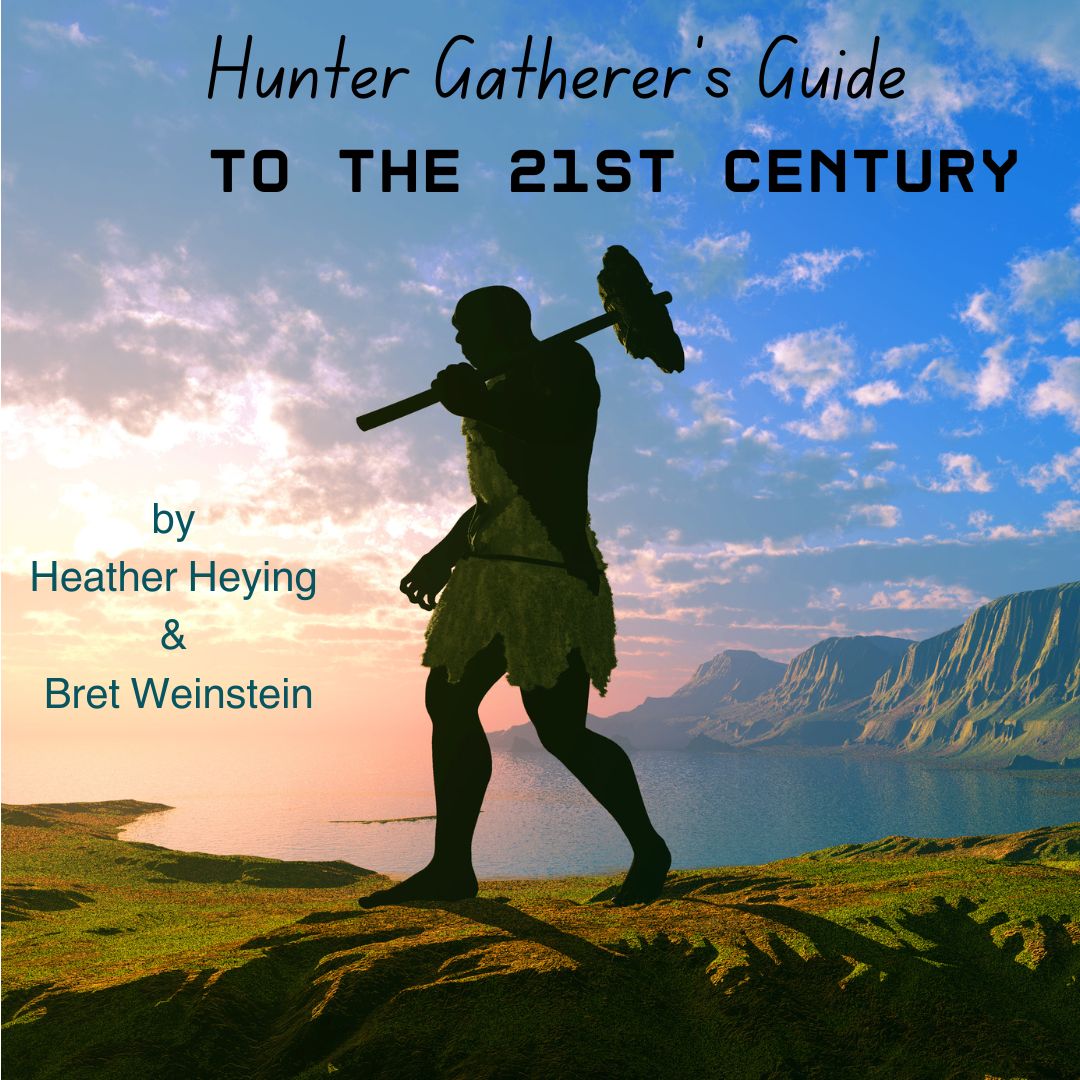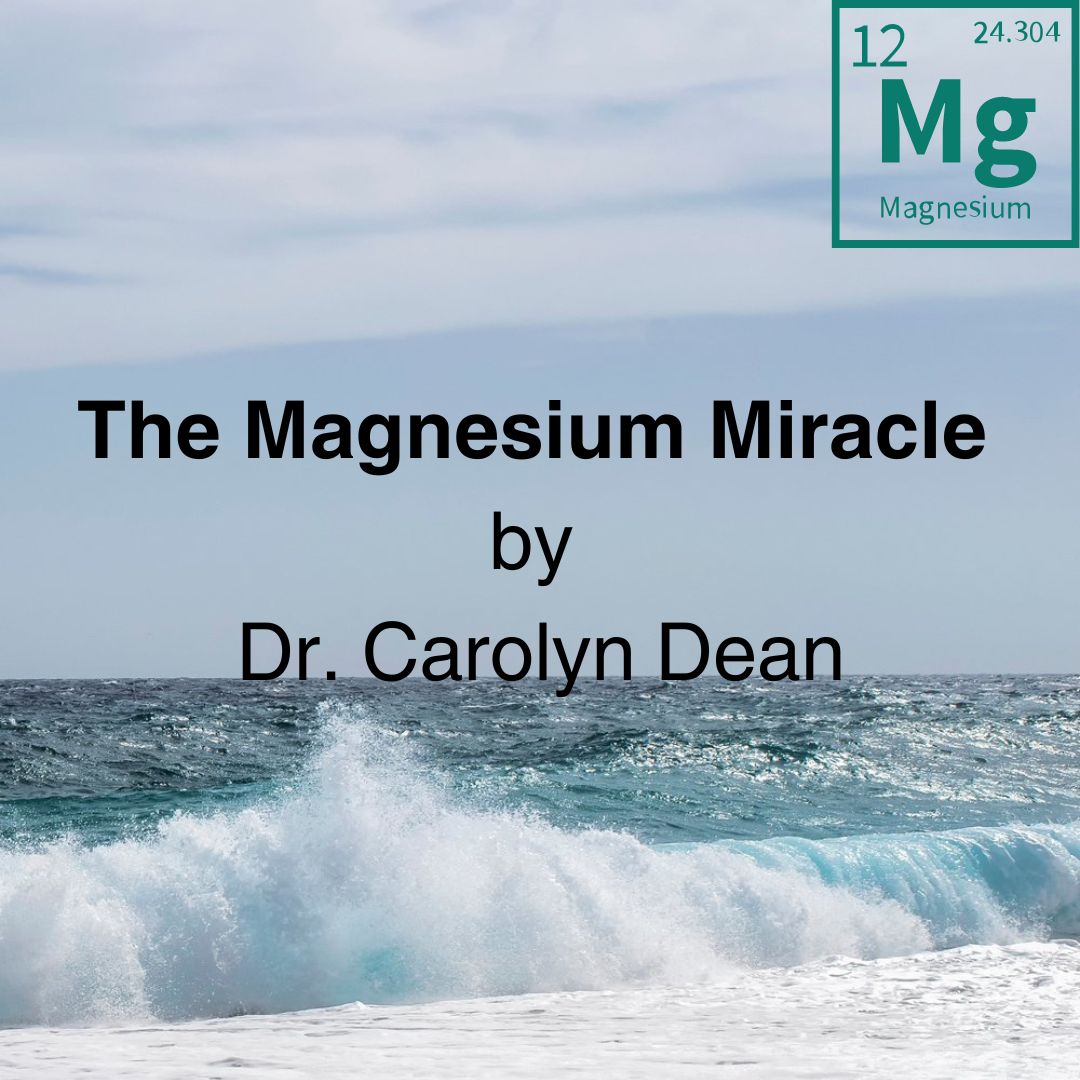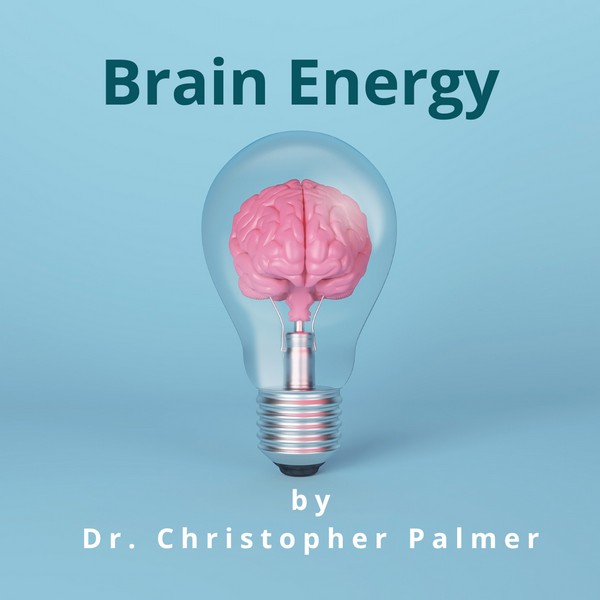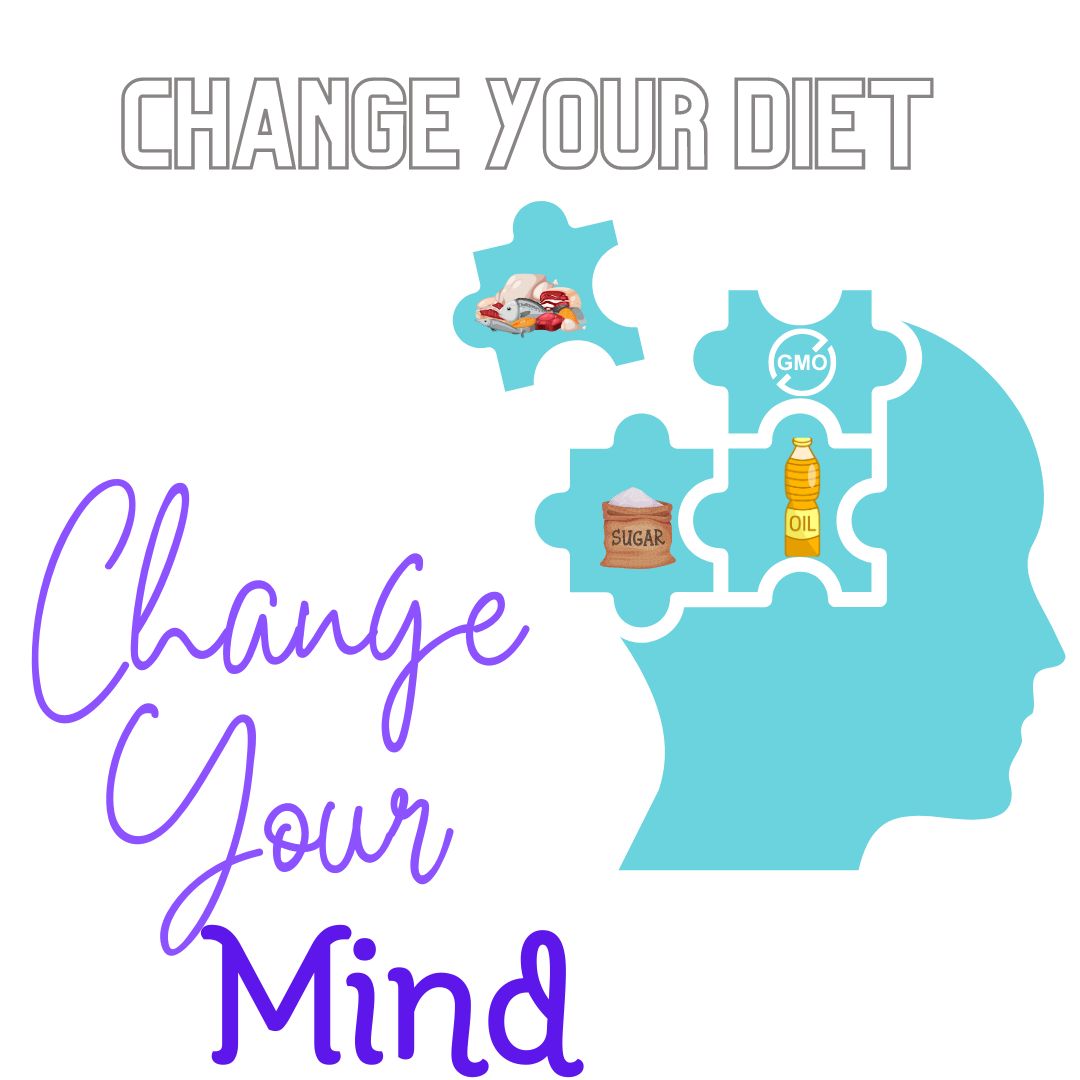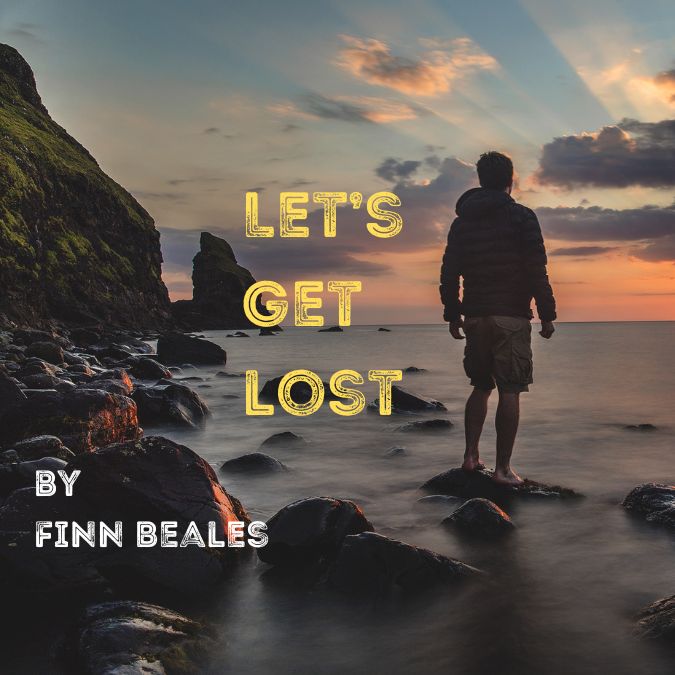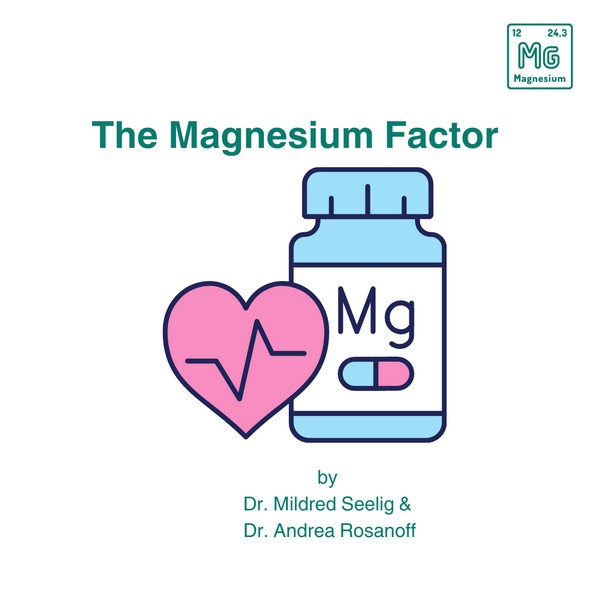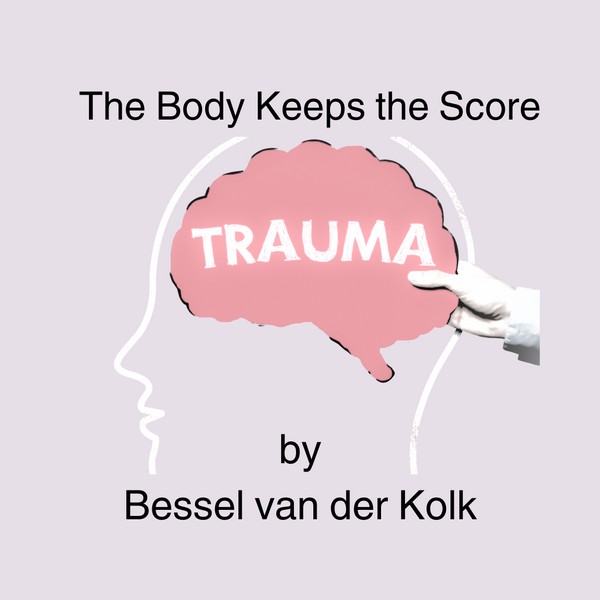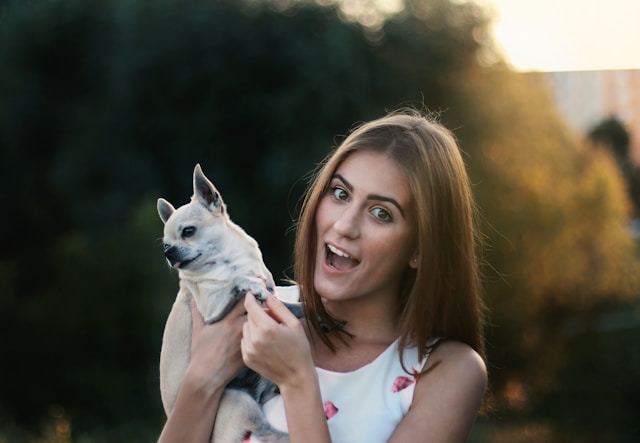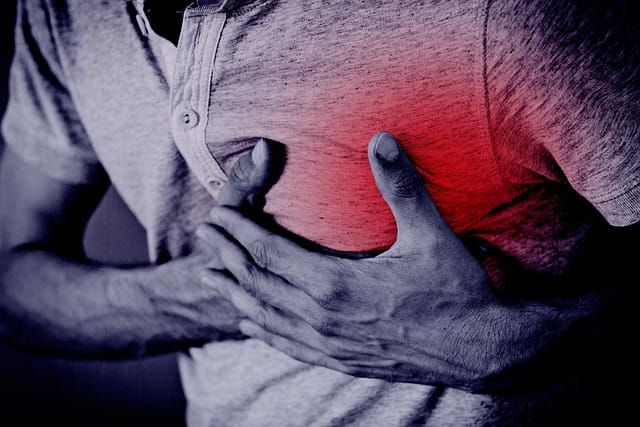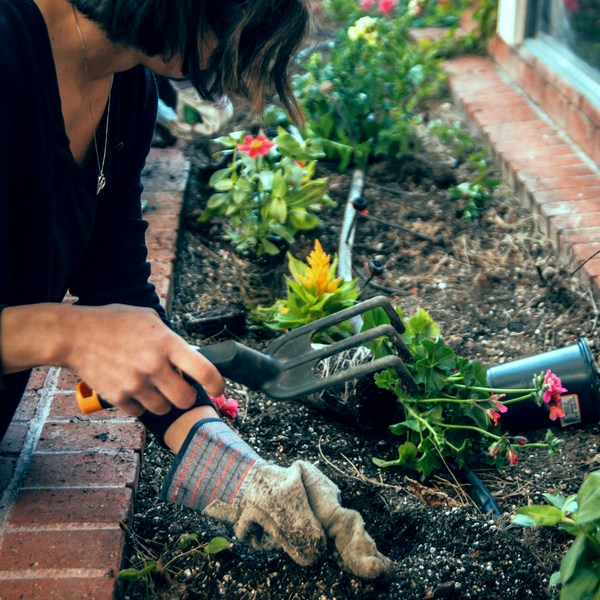Key Takeaways
- Details medicinal properties of common plants.
- Offers DIY instructions for natural remedies.
- Discusses plants for specific health issues.
- Encourages sustainable harvesting practices.
- Provides historical context of herbal medicine.
The Lost Book of Herbal Remedies: The Healing Power of Plant Medicine” is a comprehensive guide that dives deep into the world of herbal medicine, uncovering the uses of hundreds of plants and herbs that can heal and soothe various ailments.
Authored by Nicole Apelian, an herbalist and biologist, and Claude Davis, a survival expert, this book reconnects readers with the natural world, showcasing the forgotten wisdom of traditional healing practices.
Summary of the Book
This book serves as an encyclopedia of natural remedies, detailing over 800 beneficial plants and herbs, many of which are commonly found in backyards and local surroundings.
It not only describes each plant and its medicinal uses but also provides instructions on how to harvest and prepare these remedies.
From anti-inflammatory plants and antibacterial herbs to more specific treatments for ailments like asthma or insomnia, the book is structured to be user-friendly, with photographs and illustrations to aid in plant identification.
Critical Analysis
“The Lost Book of Herbal Remedies” stands out for its detailed and accessible approach, making herbal medicine approachable for beginners and experienced herbalists alike.
The extensive information is well-researched, backed by Apelian’s scientific knowledge and Davis’s survival insights, giving it a unique perspective that blends modern science with traditional knowledge.
However, the book’s comprehensive nature might overwhelm some readers, and while it encourages self-reliance on natural remedies, it wisely cautions against forsaking professional medical advice when necessary.
Personal Reflection
Exploring this book is an enlightening experience that expands readers’ understanding of the natural resources available for health and wellness.
The practical tips on how to extract, blend, and use these remedies are particularly valuable. It inspires a greater appreciation for the healing powers of plants and motivates readers to consider natural alternatives as part of a holistic approach to health.
Comparison with Other Works
“The Lost Book of Herbal Remedies” can be compared to “Back to Eden” by Jethro Kloss, another seminal work in herbal medicine.
While both books provide extensive knowledge on natural remedies, Apelian and Davis’s work is more visually oriented and detailed in the preparation and application of herbs, making it particularly practical for modern readers.
About the Authors
Nicole Apelian, Ph.D.

Dr. Nicole Apelian is an herbalist, biologist, and anthropologist with a rich background in plant medicine, wilderness survival, and holistic health.
She earned her doctorate in Biology at Prescott College, focusing on the use of botanical resources. Nicole is widely recognized for her work in traditional uses of plants and has spent extensive time living and working with the San Bushmen in Southern Africa, where she deepened her knowledge of natural healing practices.
Her approach combines her scientific training with her hands-on experience in natural environments, making her insights particularly practical and grounded in real-world applications.
Nicole also gained popularity through her participation in the reality TV survival show “Alone,” where she demonstrated her survival skills and extensive herbal knowledge.
Claude Davis

Claude Davis is a survival expert and historian with a passion for traditional survival skills and the historical uses of plants and herbs in daily life.
He has authored several books and articles on survivalism, emergency preparedness, and living off the land, drawing from ancestral knowledge and practices that have largely been forgotten in modern society.
Davis is known for his ability to translate ancient skills and wisdom into useful information for today’s world, aiming to revive lost skills and encourage a more self-sufficient lifestyle.
Together
Together, Nicole Apelian and Claude Davis bring a unique blend of academic research, practical survival skills, and historical perspective to “The Lost Book of Herbal Remedies.”
Their combined expertise offers readers a thorough and accessible guide to natural medicine, emphasizing sustainability, effectiveness, and a deep respect for the natural world.
Their work encourages readers to explore the healing potential of their own backyards and to rediscover the rich heritage of herbal remedies that can support health and wellness in contemporary life.
Step back to nature with ‘The Lost Book of Herbal Remedies‘ and discover the vast potential of plants to heal and nourish your body in ways modern medicine often overlooks.
Conclusion
“The Lost Book of Herbal Remedies” is an essential resource for anyone interested in expanding their knowledge of herbal medicine and natural treatments. Its blend of scientific background, practical advice, and historical context makes it a must-read for those looking to explore the efficacy and simplicity of plant-based healing. This book is not only about remedies but also about fostering a deeper connection with the environment and reviving lost knowledge.
FAQ: Exploring “The Lost Book of Herbal Remedies”
What is “The Lost Book of Herbal Remedies” about?
The book is a comprehensive guide to using plants and herbs for medicinal purposes.
Can this book help me identify plants easily?
Yes, it includes photographs and descriptions to aid in plant identification.
Is “The Lost Book of Herbal Remedies” suitable for beginners?
Absolutely, it’s designed for both beginners and experienced herbalists.
What types of ailments does the book address?
It covers remedies for a wide range of conditions from inflammation to insomnia.
Does the book only use common plants and herbs?
It focuses on a variety of plants, including both common and less known species.
Born a Crime by Trevor Noah
Key Takeaways Trevor Noah’s biracial identity in apartheid South Africa was illegal, making his existence a crime. The book highlights the significant influence of Noah’s…
Gardening at Longmeadow by Monty Don
Key Takeaways Emphasizes organic, seasonal gardening techniques. Offers practical advice for different garden sizes. Rich in personal gardening anecdotes. Highlights importance of plant positioning. Focuses…
Deep Nutrition by Catherine Shanahan, M.D.
Key Takeaways Traditional diets positively influence genetic expression and overall health. Modern diets high in processed foods and vegetable oils negatively impact health. The Four…
Daring Greatly by Brené Brown
Key Takeaways Power of Vulnerability: Emphasizes that vulnerability is not a weakness but a strength that fosters connection and creativity. Shame Resilience: Offers strategies to…
The Carnivore Diet by Dr. Shawn Baker
Key Takeaways Promotes all-meat diet for health. Argues for benefits on inflammation and autoimmune issues. Critiques conventional dietary guidelines. Discusses impacts on physical performance. Challenges…
Can’t Hurt Me – by David Goggins
Key Takeaways Resilience: David Goggins demonstrates how overcoming adversity builds strength. Accountability Mirror: Encourages daily self-reflection for personal growth. 40% Rule: Advocates pushing beyond perceived…
Lies My Doctor Told Me by Dr. Ken Berry
Key Takeaways Exposes common health myths. Offers evidence against outdated medical advice. Advocates for low-carb, high-fat diets. Encourages critical examination of pharmaceutical influence. Stresses on…
The Bulletproof Diet by Dave Asprey
The Bulletproof Diet is a nutrition and lifestyle book authored by Dave Asprey, the founder of the Bulletproof brand. This book outlines Asprey’s approach to…
The Diabetes Code by Dr. Jason Fung
The Complete Gardener by Monty Don
Key Takeaways Advocates for a no-dig gardening approach. Stresses on organic, self-sufficient methods. Covers both aesthetic and practical aspects. Provides tips for year-round garden care….
Vitamin K2 and The Calcium Paradox by Kate Rheaume-Bleue
Key Takeaways Explains Vitamin K2’s role in calcium distribution. Links deficiency to bone and heart disease. Stresses synergy between Vitamin K2 and D3. Offers food…
Toxic Superfoods by Sally K. Norton
Key Takeaways Understanding Oxalates: Sources: Found in many plant foods, including spinach, almonds, and sweet potatoes. Health Impact: High oxalate intake can lead to kidney…
The Ministry of Time by Kaliane Bradley
Key Takeaways The Ministry of Time blends time travel romance, spy thriller, and workplace comedy. Explores themes of power, love, and historical defiance. Features a…
The Obesity Code by Dr. Jason Fung
Key Takeaways Analyzes obesity through hormonal lens. Critiques calorie-in, calorie-out model. Advocates managing insulin to lose weight. Discusses impact of cortisol and stress. Recommends timed…
Real Food for Pregnancy by Lily Nichols
Key Takeaways Evidence-Based Guidance: Challenges outdated prenatal nutrition with researched alternatives. Nutrient-Dense Foods: Stresses eating foods high in essential micronutrients for fetal development. Practical Meal…
The Plant Paradox by Dr. Steven Gundry
Key Takeaways Lectins as Toxins: Lectins can cause inflammation and various health issues, Dr. Gundry argues. Gut Health: Maintaining gut health is linked to overall…
Don’t Believe Everything You Think by Joseph Nguyen
Key Takeaways Challenges the validity of common cognitive distortions, prompting critical self-reflection. Offers practical strategies to build and enhance mental resilience in daily life. Encourages…
Lies I Taught in Medical School by Dr Robert Lufkin
Key Takeaways Metabolic dysfunction is a common cause of many chronic diseases. Conventional medical advice often overlooks the importance of metabolic health. Lifestyle changes, including…
The Better Baby Book by Dr. Lana Asprey and Dave Asprey
Key Takeaways Focuses on optimal prenatal and early childhood health. Offers dietary recommendations for expecting mothers. Discusses environmental impacts on fetal development. Stresses importance of…
This Is Your Brain on Food by Dr. Uma Naidoo
Key Takeaways Links diet to mental health conditions. Provides nutritional advice for anxiety and depression. Discusses gut-brain connection. Offers recipes for mental wellness. Encourages holistic…
Generations by Jean M. Twenge
Key Takeaways: Jean M. Twenge explores the unique characteristics of six American generations. Analyzes data from 39 million people to show the impact of technology…
A Hunter-Gatherer’s Guide to the 21st Century by Heather Heying and Bret Weinstein
Key Takeaways Explores human evolution’s impact on modern health and behavior. Introduces “mismatch disease” concept linking past and present issues. Discusses diet, education, technology from…
The Magnesium Miracle by Dr. Carolyn Dean
Key Takeaways Discusses magnesium’s critical role in health. Links magnesium deficiency to numerous diseases. Offers guidance on supplementation and diet. Examines overlooked symptoms of deficiency….
Brain Energy by Dr. Christopher Palmer
Key Takeaways Connects mental health with metabolic health. Proposes ketogenic diet for brain disorders. Discusses energy production’s role in mental health. Challenges traditional psychiatric approaches….
Change Your Diet, Change Your Mind by Dr. Georgia Ede
In the compelling book Change Your Diet, Change Your Mind, Dr. Georgia Ede challenges conventional wisdom about diet and mental health. Drawing on her extensive…
Let’s Get Lost by Finn Beales
Key Takeaways Showcases breathtaking remote locations through striking photography. Finn Beales’ narrative style blends personal insights with vivid description. Emphasizes the raw, untouched beauty of…
The Magnesium Factor by Dr. Mildred Seelig & Dr. Andrea Rosanoff
Key Takeaways Explores magnesium’s role in cardiovascular health. Discusses interaction between magnesium and other minerals. Highlights symptoms of magnesium deficiency. Offers dietary advice for magnesium…
The Body Keeps the Score by Dr. Bessel van der Kolk
Key Takeaways Explores trauma’s impact on the body and mind. Advocates for integrating neuroscience with therapy. Highlights non-traditional healing methods like yoga. Stresses importance of…

